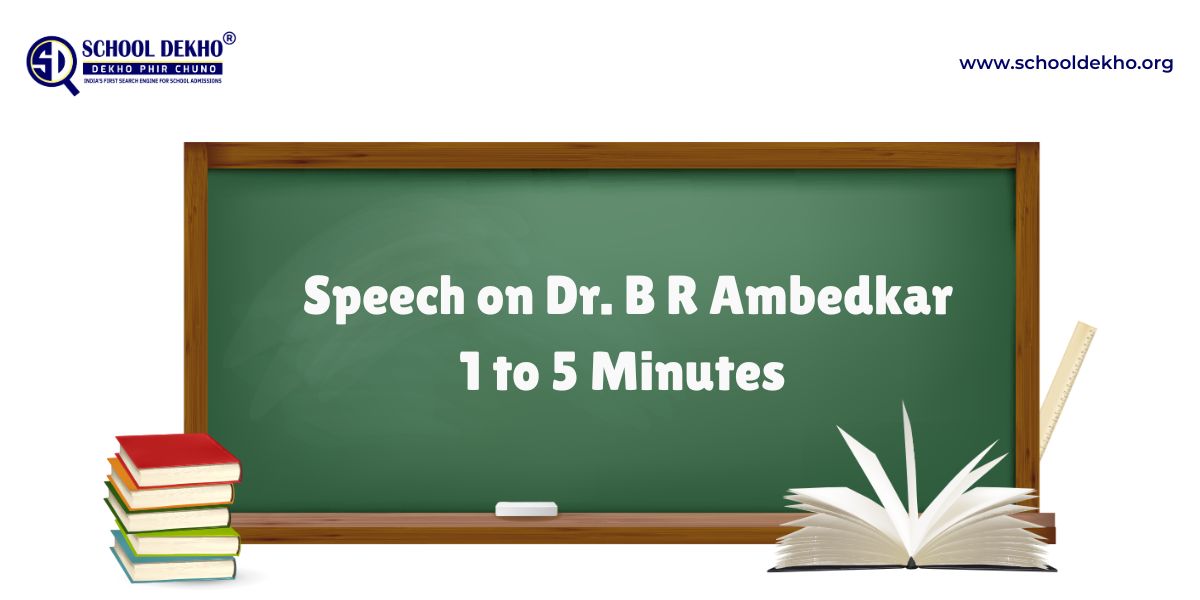
The Distinction Between Good Schools and Great Schools
Education is a fundamental right and an essential element of human development. It is through education that individuals can gain knowledge, skills, and values that enable them to succeed in life. However, not all schools are created equal. While some schools provide students with an excellent education, others fall short of this goal. In this article, we will explore the difference between good schools and great schools.
Academic Excellence
One of the primary differences between good schools and great schools is academic excellence. Great schools strive for excellence in every aspect of education, from curriculum design to teaching methodologies. They set high standards for student achievement and provide students with challenging, meaningful learning experiences that help them develop critical thinking, problem-solving, and analytical skills. Good schools, on the other hand, may focus more on compliance with minimum educational standards rather than striving for academic excellence.
Student Engagement
Another crucial difference between good schools and great schools is student engagement. Great schools actively engage students in the learning process, providing opportunities for student leadership, collaboration, and creativity. They encourage students to think independently, ask questions, and explore new ideas. Good schools may provide students with a decent education, but they may not go the extra mile to create an environment that fosters student engagement.
Supportive Environment
Great schools also prioritize creating a supportive environment for students. They ensure that students feel safe, respected, and valued in the school community. They provide support for students' social-emotional development and well-being, as well as their academic success. Good schools may not provide the same level of support, and students may feel disconnected from the school community.
Strong Leadership
Strong leadership is essential for the success of any school. Great schools have strong, visionary leaders who inspire and motivate staff and students to achieve their full potential. They set clear goals, communicate effectively, and make data-driven decisions to improve student outcomes. Good schools may have competent leaders, but they may lack the same level of vision and inspiration as great schools.
Parental Involvement
Parental involvement is also critical for student success. Great schools foster strong partnerships with parents and families, involving them in decision-making processes and providing them with regular updates on student progress. They recognize the importance of home-school connections and work to build trust and respect with families. Good schools may not have the same level of parent engagement, which can lead to a lack of support for student learning.
Teacher Quality
Finally, great schools prioritize teacher quality. They recruit and retain the best teachers and provide ongoing professional development opportunities to help them improve their skills and knowledge. They recognize that teachers are the backbone of the education system and invest in their growth and development. Good schools may have competent teachers, but they may not prioritize teacher quality to the same degree as great schools.
In conclusion, while good schools provide students with a decent education, great schools go above and beyond to ensure academic excellence, student engagement, a supportive environment, strong leadership, parental involvement, teacher quality, and sufficient resources. As parents, educators, and policymakers, it is our responsibility to support the development of great schools to ensure that all students have access to a high-quality education that prepares them for success in life.
Contact with Us
Call: 1800 - 2588 - 074
Mail: info@schooldekho.org
Student’s Best Education Portal | School Dekho | India's First School Search Engine | Best Schools Near Me | Find Schools Near Me | Dekho Phir Chuno
#dekhophirchuno







Leave your thought here
Your email address will not be published. Required fields are marked *